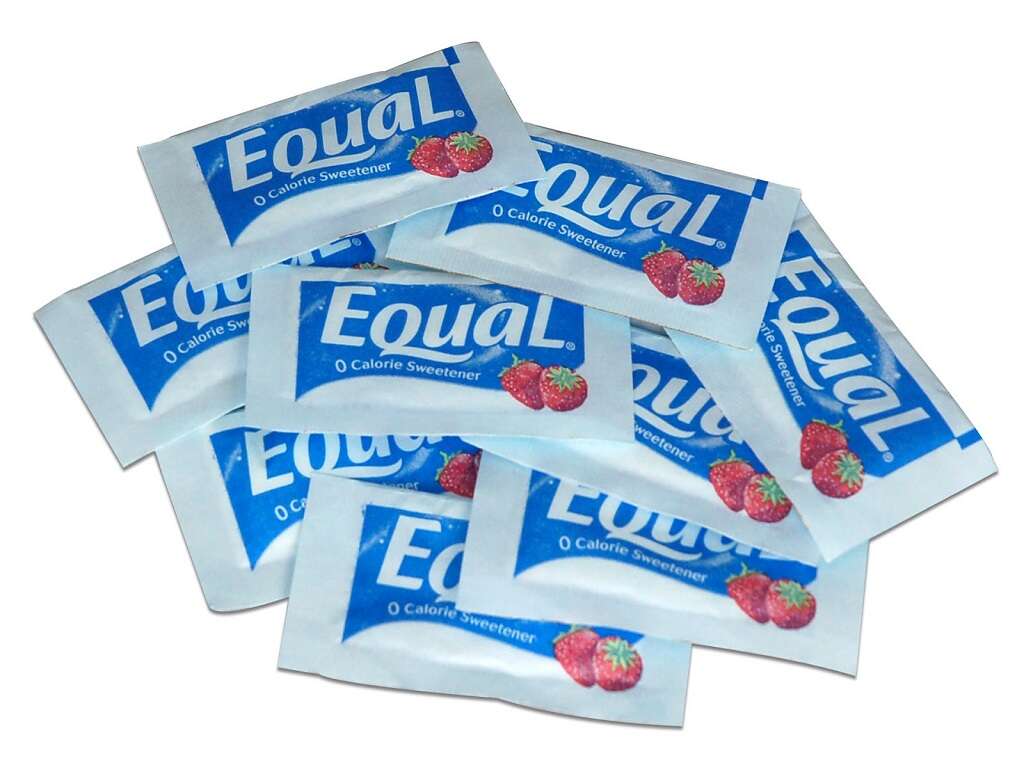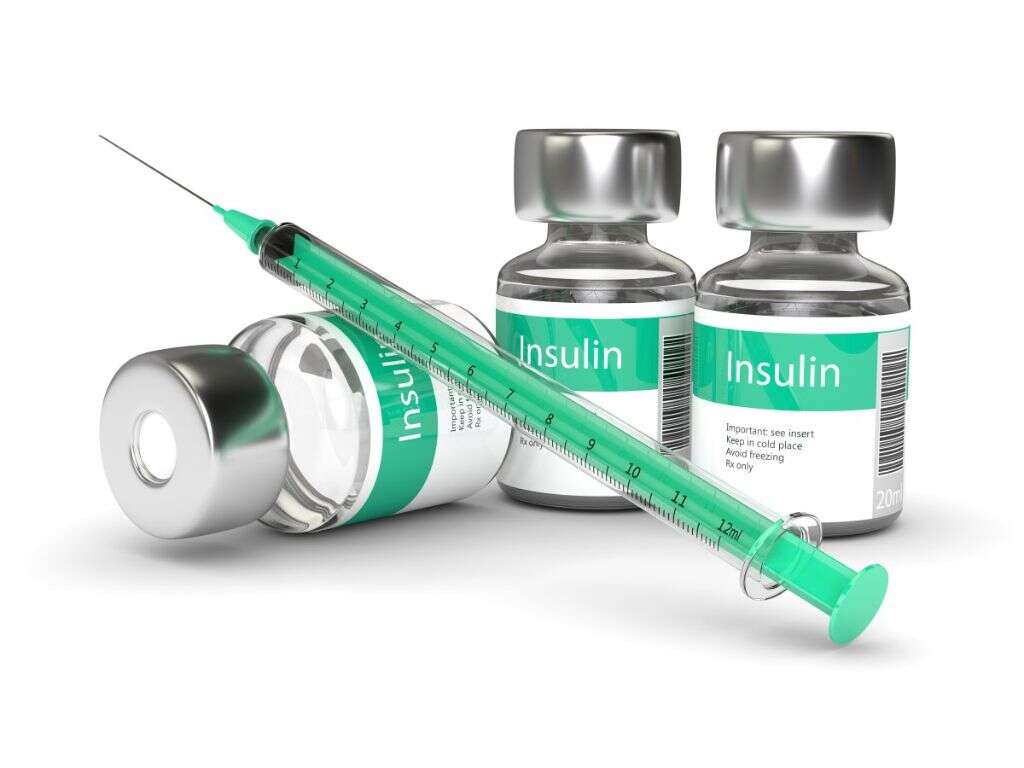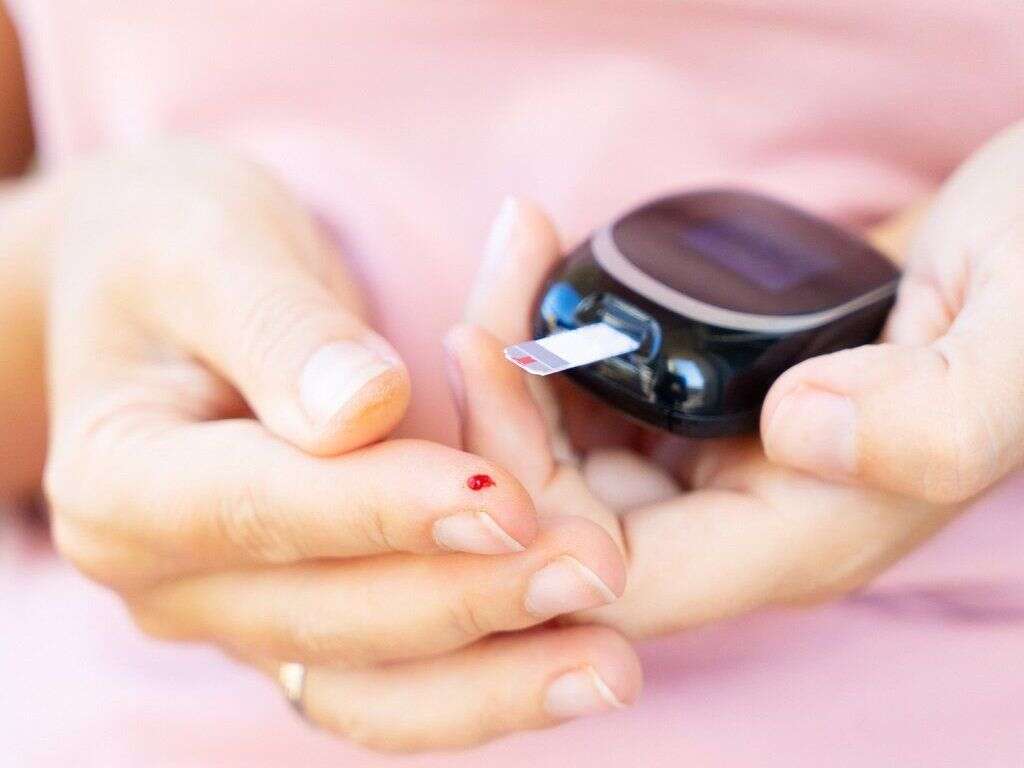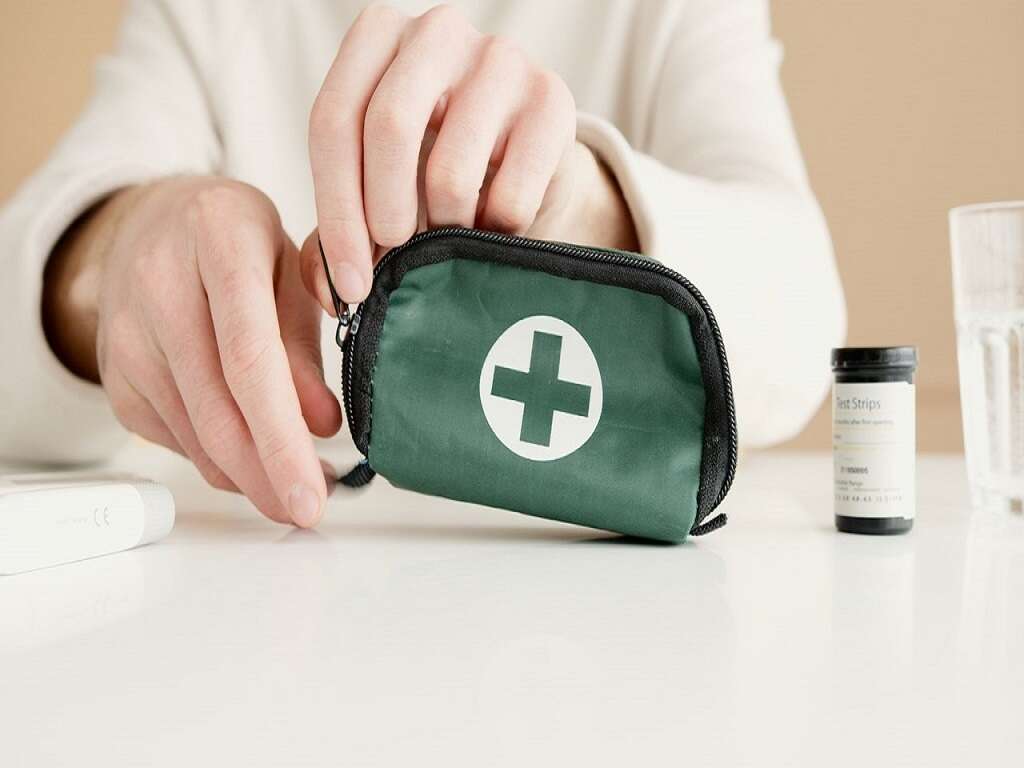Gestational Diabetes Diet Overview, Foods & More
 Article Sources
Article Sources
- 1. 'Gestational Diabetes.' Centers for Disease Control and Prevention, Centers for Disease Control and Prevention, 30 May 2019, www.cdc.gov/diabetes/basics/gestational.html
- 2. NHS Choices, NHS, www.nhs.uk/conditions/gestational-diabetes/treatment/.
- 3. 'Gestational Diabetes Treatment Plan: Yale Health.' Gestational Diabetes Treatment Plan | Yale Health, yalehealth.yale.edu/gestational-diabetes-treatment-plan.
- 4. UCSF Health. 'Dietary Recommendations for Gestational Diabetes.' Ucsfhealth.org, UCSF Health, 6 Oct. 2020, www.ucsfhealth.org/education/dietary-recommendations-for-gestational-diabetes.
- 5. NHS Choices, NHS, www.nhs.uk/common-health-questions/food-and-diet/what-is-the-glycaemic-index-gi/.
- 6. Evieosullivan. 'What Can I Eat with Gestational Diabetes?' Diabetes UK, Diabetes UK, www.diabetes.org.uk/guide-to-diabetes/enjoy-food/eating-with-diabetes/i-have-gestational-diabetes.
- 7. NHS Choices, NHS, www.nhs.uk/pregnancy/keeping-well/foods-to-avoid/.
- 8. Pistollato, Francesca, et al. 'Plant-Based and Plant-Rich Diet Patterns during Gestation: Beneficial Effects and Possible Shortcomings.' Advances in Nutrition (Bethesda, Md.), American Society for Nutrition, 15 Sept. 2015, www.ncbi.nlm.nih.gov/pmc/articles/PMC4561836/.
As pregnancy progresses to the third trimester, insulin sensitivity decreases naturally. In some cases, this condition leads to gestational diabetes. Sometimes, gestational diabetes doesn’t have noticeable symptoms, but there are risks to parent and baby, including higher risk of overly large babies, C-section, early birth, preeclampsia and developing type 2 diabetes later in life.
Luckily, gestational diabetes can be managed. A doctor and dietitian can craft a personalized diet plan to help control blood sugar. Following are some general guidelines to help those with gestational diabetes and their loved ones know what to expect.1‘Gestational Diabetes.’ Centers for Disease Control and Prevention, Centers for Disease Control and Prevention, 30 May 2019, www.cdc.gov/diabetes/basics/gestational.html
1. Eat Regularly
It’s important not to skip meals while managing gestational diabetes.2NHS Choices, NHS, www.nhs.uk/conditions/gestational-diabetes/treatment/. Smaller, more frequent portions are often recommended over large meals that can cause blood sugar to spike. Carbohydrates in particular should be monitored. A dietitian may recommend eating as frequently as every two to three hours, with at least three meals and three snacks throughout the day.
This may be an opportunity to embrace the midnight snack. Some dietitians recommend a small healthy snack like an apple with peanut butter just before bed to help manage nighttime blood sugar.3‘Gestational Diabetes Treatment Plan: Yale Health.’ Gestational Diabetes Treatment Plan | Yale Health, yalehealth.yale.edu/gestational-diabetes-treatment-plan.
2. Watch Glycemic Index
People need to eat carbohydrates to create energy for the body. But too much sugar too quickly can be dangerous for people with gestational diabetes.4UCSF Health. ‘Dietary Recommendations for Gestational Diabetes.’ Ucsfhealth.org, UCSF Health, 6 Oct. 2020, www.ucsfhealth.org/education/dietary-recommendations-for-gestational-diabetes.
The glycemic index can help. It’s a rating system to describe how quickly a specific food changes blood sugar levels. Low GI foods digest slowly, meaning the blood sugar changes gradually. GI isn’t the only indicator of whether a food is healthy, but paying attention to GI can help in managing blood sugar.5NHS Choices, NHS, www.nhs.uk/common-health-questions/food-and-diet/what-is-the-glycaemic-index-gi/.

3. Foods to Prioritize
Low GI carbohydrates like brown rice, whole oats, lentils, beans and chickpeas are a great way to feel full longer and get the energy parent and baby need. Healthy helpings of vegetables are also often recommended at mealtimes. For snacks, a dietitian may recommend unsweetened yogurt, a piece of cheese, nuts, low GI fruits and vegetables.6Evieosullivan. ‘What Can I Eat with Gestational Diabetes?’ Diabetes UK, Diabetes UK, www.diabetes.org.uk/guide-to-diabetes/enjoy-food/eating-with-diabetes/i-have-gestational-diabetes.
Protein is an important part of a balanced diet as well. Lean proteins like poultry and fish may be recommended over red meat.3‘Gestational Diabetes Treatment Plan: Yale Health.’ Gestational Diabetes Treatment Plan | Yale Health, yalehealth.yale.edu/gestational-diabetes-treatment-plan.
4. Foods to Watch
While cooked fish is a great way to get lean protein, it’s generally recommended to limit oily fish like salmon and mackerel to two servings a week during pregnancy.7NHS Choices, NHS, www.nhs.uk/pregnancy/keeping-well/foods-to-avoid/.
Fruit and pasteurized milk are both healthy snacks that provide important sugars and nutrients. However, too much at once can drive up blood sugar. Fruit is high in natural sugars. Both should be enjoyed in small portions throughout the day.4UCSF Health. ‘Dietary Recommendations for Gestational Diabetes.’ Ucsfhealth.org, UCSF Health, 6 Oct. 2020, www.ucsfhealth.org/education/dietary-recommendations-for-gestational-diabetes.

5. Foods to Avoid
Alongside the usual foods to avoid during pregnancy, people with gestational diabetes should be especially careful with processed foods like white bread, cereal, cakes and ready meals. Sugary drinks like fruit juice and soda can also be dangerous and should generally be avoided.
A dietitian may recommend grilled, baked or boiled foods over fried ones.3‘Gestational Diabetes Treatment Plan: Yale Health.’ Gestational Diabetes Treatment Plan | Yale Health, yalehealth.yale.edu/gestational-diabetes-treatment-plan. High-mercury fish like shark and marlin are dangerous. Tuna also has higher mercury and should be limited to four cans a week.6Evieosullivan. ‘What Can I Eat with Gestational Diabetes?’ Diabetes UK, Diabetes UK, www.diabetes.org.uk/guide-to-diabetes/enjoy-food/eating-with-diabetes/i-have-gestational-diabetes.
6. Sugar and Sugar-Free Foods
It’s generally recommended to avoid sugary foods and to avoid adding sugars or honey to food. It’s important to pay attention to nutrition labels and look beyond the sugar content. Some foods marked sugar-free or no added sugar contain high levels of carbohydrates.
Some artificial sweeteners are approved for use during pregnancy, like aspartame and sucralose. Some women choose to avoid any sweeteners, whether synthetic or natural like stevia.4UCSF Health. ‘Dietary Recommendations for Gestational Diabetes.’ Ucsfhealth.org, UCSF Health, 6 Oct. 2020, www.ucsfhealth.org/education/dietary-recommendations-for-gestational-diabetes.

7. Diabetes Specific Food
Some foods are marketed as diabetic foods and claim to be safer or specially formulated for those with diabetes. Check the labels first, and make sure these foods are right for you.
There isn’t necessarily a specific food people with gestational diabetes need to consume. A balanced diet of standard healthy food is sufficient to control diabetes without the need for specially modified meals. Foods labeled as for diabetes are often more expensive and no healthier than other foods.6Evieosullivan. ‘What Can I Eat with Gestational Diabetes?’ Diabetes UK, Diabetes UK, www.diabetes.org.uk/guide-to-diabetes/enjoy-food/eating-with-diabetes/i-have-gestational-diabetes.
8. Special Diets
Many people with gestational diabetes have dietary needs or lifestyles that they wish to maintain during pregnancy. A dietitian can incorporate individual dietary needs into meal plans.
There’s evidence that a plant-based diet reduces the risk of developing gestational diabetes and lowers the risk of complications like preeclampsia. Pregnant women who follow a vegan diet will need nutritional advice and to take certain nutrients. A Mediterranean diet is a great option, and has been linked to a lower risk of gestational diabetes.8Pistollato, Francesca, et al. ‘Plant-Based and Plant-Rich Diet Patterns during Gestation: Beneficial Effects and Possible Shortcomings.’ Advances in Nutrition (Bethesda, Md.), American Society for Nutrition, 15 Sept. 2015, www.ncbi.nlm.nih.gov/pmc/articles/PMC4561836/.

9. What Else Can I Do?
Frequent blood sugar checks are necessary to monitor gestational diabetes. Moderate exercise like brisk walks can help the body become more sensitive to insulin and lower blood sugar.1‘Gestational Diabetes.’ Centers for Disease Control and Prevention, Centers for Disease Control and Prevention, 30 May 2019, www.cdc.gov/diabetes/basics/gestational.html
Typically, a person with gestational diabetes won’t need to inject insulin. Diet and exercise alone may be enough to control blood sugar. If blood sugar levels are still high, a doctor may recommend medication.2NHS Choices, NHS, www.nhs.uk/conditions/gestational-diabetes/treatment/. Some doctors suggest metformin, while some believe that insulin is a better choice during pregnancy.
10. After Gestational Diabetes
Gestational diabetes usually goes away soon after delivering the baby. The doctor will generally test for signs of type 2 diabetes six to twelve weeks after delivery and every one to three years after that. About half of all people who’ve had gestational diabetes develop type 2 diabetes later in life, and future pregnancies are likely to include gestational diabetes.
Regularly checking blood sugar in later life can help those who’ve had gestational diabetes stay healthy.1‘Gestational Diabetes.’ Centers for Disease Control and Prevention, Centers for Disease Control and Prevention, 30 May 2019, www.cdc.gov/diabetes/basics/gestational.html










